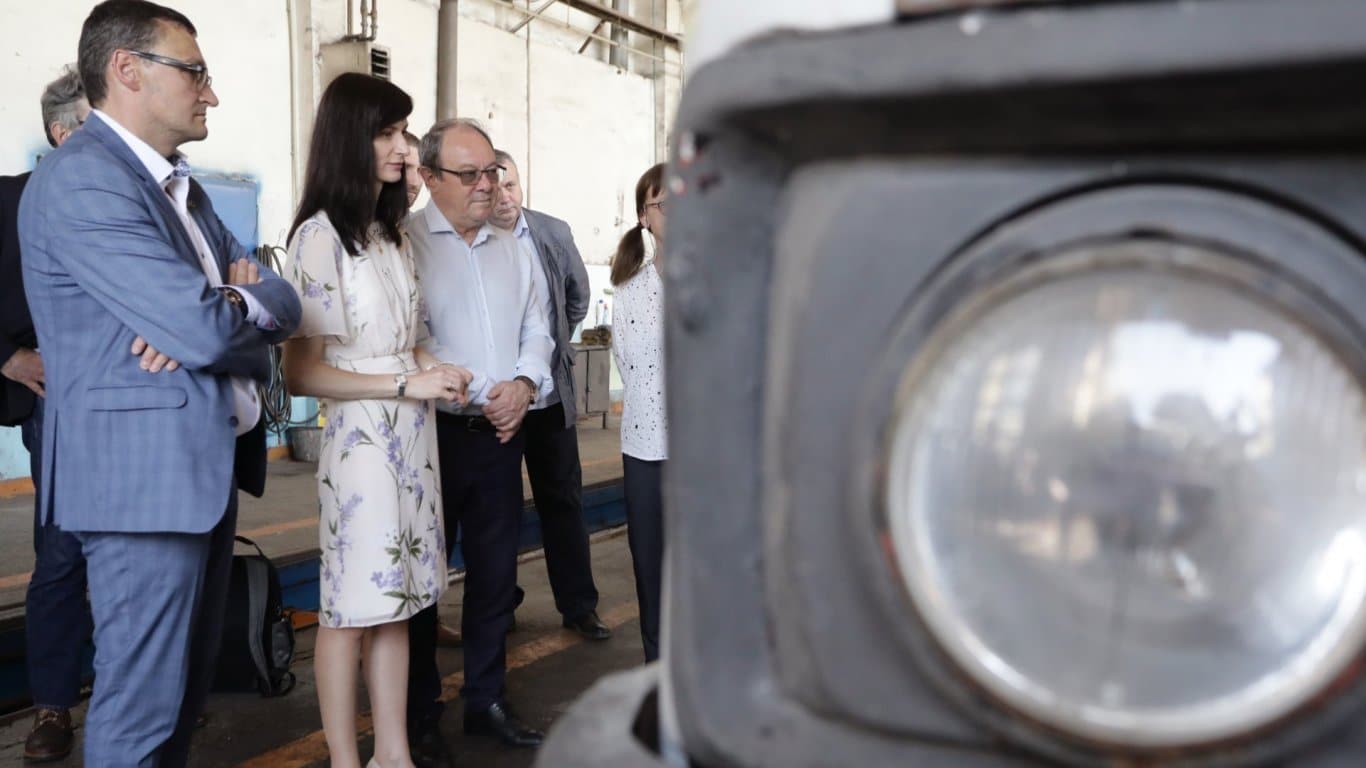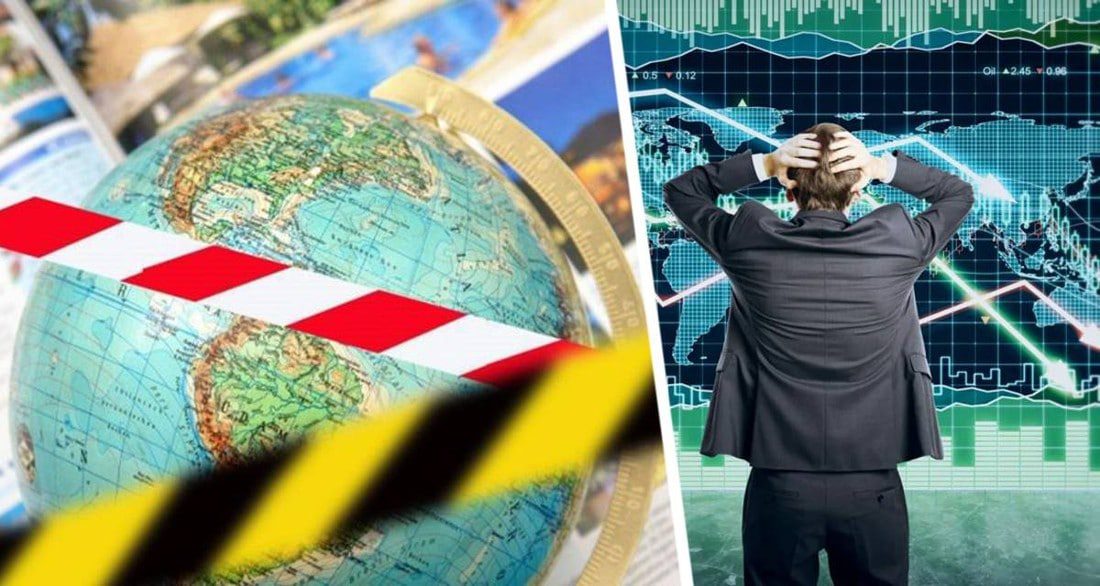Instead of being thrown away, the many other trolleys are good enough to be renovated – with Bulgarian expertise, said Prof. Daria Vladikova
The prototype of a trolleybus, which scientists from the Bulgarian Academy of Sciences (BAS) are transforming to run on hydrogen, was shown on June 3, 2022 at the Levski trolleybus depot, where the development of Bulgaria’s first demonstration project for hydrogen implementation in transport was presented. .
Scientists are developing a mileage extension that will provide 100 kilometers of autonomous electric drive of the trolley outside the power grid.
The European Commissioner for Innovation, Research, Culture, Education and Youth Maria Gabriel thanked the scientists from the Bulgarian Academy of Sciences for what they have done and revealed that this project is given as an example in Brussels.
The development is part of the implementation of the National Scientific Program “Low Carbon Energy for Transport and Life – EPLUS”, implemented under the auspices of the Bulgarian Academy of Sciences and funded by the Ministry of Education and Science.
Maria Gabriel, the executive director of the public-private enterprise “Partnership for Pure Hydrogen” Bart Beebeek, the President of BAS Acad. Julian Rewalski, scientists and representatives of the Sofia Municipality examined the prototype of the trolleybus in the landfill.
This is the first demonstration project in Bulgaria with hydrogen, which is subsidized by the Ministry of Education and Science under the “EPLUS” program, said to journalists Prof. Daria Vladikova, who is a professor of electrochemistry at the Institute of Electrochemistry and Energy Systems at BAS. and is chairman of the Bulgarian Association for Hydrogen, Fuel Cells and Energy Storage.
“The approach is unique, we take an old trolley from the Sofia Municipality (SO), we have a contract with the Sofia Municipality, and we will turn it into a modern hydrogen-powered trolley. The trolley can work offline, for example we have a new neighborhood and don’t have to a pound is being lifted. The pound is being taken down and the trolley is moving like an electric vehicle, because hydrogen fuel cell vehicles are also electric vehicles as well as battery vehicles. kilometers per day, which we want to provide by introducing a hydrogen propulsion system for this trolley “, explained Prof. Vladikova.
She stressed that this is a prospect because there are many trolleys in Bulgaria that can be discarded, but are good enough to be upgraded to work as hydrogen vehicles. “We are trying to create a Bulgarian expertise, this is not a project in which we have partners with expertise in individual components of hydrogen technology. This is an expertise that we create here, buy these components and do the integration for the first time such a system. in Europe, retrofit is a very interesting topic because there are many vehicles that are not produced often and have a very long lifespan, such as locomotives and large vehicles used in mines, ships. And there the official policy is already retrofit, “he said. Prof. Daria Vladikova.
We continue with the creation of a small company that will process these trolleys, and in Bulgaria there are ten cities with trolleys and we have the opportunity to introduce hydrogen transport in them. “We will also switch to locomotives and ships, and in this way we believe that we will be unique and will arouse the interest of European manufacturers,” said Prof. Vladikova.
She announced that there are plans to build a hydrogen charging station with solar panels located on the territory of this landfill.
“This trolley will be ready in a few months for demonstration, but we have to certify that it can transport people. The purpose of this stage is a demonstration project and for that we need maybe a year and a half, and a new project, We expect the trolley to be ready for demonstration in a few months, and in a year and a half it will be able to move in Sofia. At the moment, the investment amounts to about BGN 1 million, “said Prof. Daria Vladikova.
EU Commissioner Maria Gabriel noted that it is no coincidence that Sofia was chosen as one of the top 100 climate-neutral cities. She thanked the scientists from BAS for what they have done on the project, because it is appreciated. This project is also given in Brussels as an example of how, at the local level, things from the time that we think are past are combined with innovation and technology. It will be of great benefit to people to be convinced of the usefulness of hydrogen technology, said Maria Gabriel. “You can also count on our support, because in this project, what I like the most is that it does not rest on old laurels, but wants to reach the next phases, which are important for citizens, small and medium. enterprises, both for the positioning of Sofia and Bulgaria in this sector “, with these words the European Commissioner Maria Gabriel addressed the scientists.
The President of BAS, Acad. Julian Rewalski, said that business support for such innovative projects is also important.
EU Commissioner Gabriel and the executive director of the public-private partnership “Partnership for Pure Hydrogen” Bart Beebeek are in the country to get acquainted with the achievements of projects for the development of innovative hydrogen technologies in Bulgaria. During their visit, they will discuss the future development of the country’s hydrogen economy as a key moment in achieving the goals of the European Green Deal.
Photo: Maria Gabriel and Bart Beebuke have now visited the Institute of Electrochemistry and Energy Systems at the Bulgarian Academy of Sciences.





